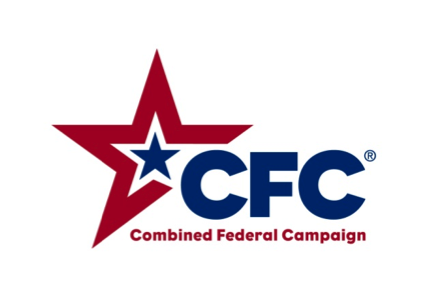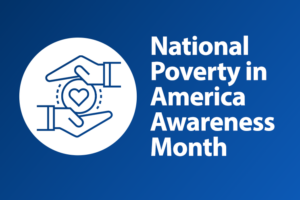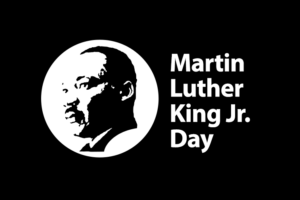Sarah Ford | December 15, 2014
Deadline to make CFC donations is Monday, December 15, 2014
By Adrienne Anderson
For the price of one cup of coffee every two weeks, you can donate up to $130 to a charity, said Gary Smith, Fort Belvoir 2014 Combined Federal Campaign manager.
Money donated to the charity organization of your choice can help someone in need. The campaign ends Monday.
Rebecca Porges, a military spouse at Fort Belvoir, received assistance from the Fisher House, one of the CFC charities, during a traumatic time.
In August 2012, she quit her job and traveled several hours from the top of Maryland to Virginia. She was looking for her husband. He’d been severely wounded while deployed to Afghanistan and had been medically evacuated.
At that time, she knew he was in the area, but had no idea where or what condition he was in.
After making several phone calls, she ended up at Andrews Air Force Base and stayed at the Fisher House overnight as she waited for her husband.
“When the MEDEVAC came in he was in really bad shape and they could not keep him in the Andrews’ hospital,” Porges said. “They put him in an ambulance and sent him to Fort Belvoir. So then I was ambulance chasing and I got here late at night. They admitted him to the hospital and I wasn’t allowed to see him so I met the doctors and I explained to him why he was here because they didn’t know – his records hadn’t shown up.”
She had no place to go, little money and no friends or Family in the area.
“I needed to be near my husband. I hadn’t seen him yet, all I knew was his condition was pretty severe. But, since someone at Andrews had told me about the Fisher House, I knew there must be one of those on base,” Porges said.
That night she was able to stay at Fort Belvoir Community Hospital’s Fisher House. She said her husband was in the hospital for almost a month before going to acute care. She continued to stay at the Fisher House and visit her husband every day.”
“The Fisher House is really what helped my Family,” Porges said.
As a long-term patient caregiver and then being stationed here, Porges said she realized he needed someone to take care of him.
“For the first few months he was catatonic. He couldn’t get food. He still can’t drive … he wasn’t talking. He didn’t know where he was. So I needed to be with him and I needed to take care of him,” she said.
Eventually her husband moved into the Fisher House with her because he couldn’t live off post.
The next several months there were struggles, but she also had the help of the volunteers to help her through her Family’s obstacles.
“There is a huge emotional toll when your spouse comes back and is that damaged or that different,” Porges said. “The initial shock of seeing them in that state is huge and painful. Then, when your loved one starts to come back down to earth, the way that they distance themselves from you because they are so ill and so damaged can really destroy a person.”
She met other wounded and ill Soldiers and began supporting them to give her something to do and to keep her mind busy, she said. For example, some of them didn’t have basic life skills anymore and so she began a cooking group. This spawned into Family dinners which brought everyone together and they became like a Family.
Porges said the Fisher House aims to create a warm, safe environment.
“My husband and I have such fond memories at the Fisher House,” she said.
Through the support of the organization, Porges, now 7-months pregnant, said the help they received had also saved their marriage. They were also able to move into base housing.
With more than 4,000 nonprofit organizations in the Washington D.C. Metropolitan area, and many more nationally and internationally, there is a nonprofit organization to support most things, Smith said.

Get Resources and Insights Straight To Your Inbox
Explore More Articles
Open Position: Customer Service Coordinator (Remote-Part Time)
Position Title: Customer Service Coordinator (Remote – Part Time) Department: Charitable Funds Management Solutions We are a non-profit charitable organization looking for skilled individuals who…
Read ArticleGet Resources and Insights Straight To Your Inbox
Receive our monthly/bi-monthly newsletter filled with information about causes, nonprofit impact, and topics important for corporate social responsibility and employee engagement professionals, including disaster response, workplace giving, matching gifts, employee assistance funds, volunteering, scholarship award program management, grantmaking, and other philanthropic initiatives.




